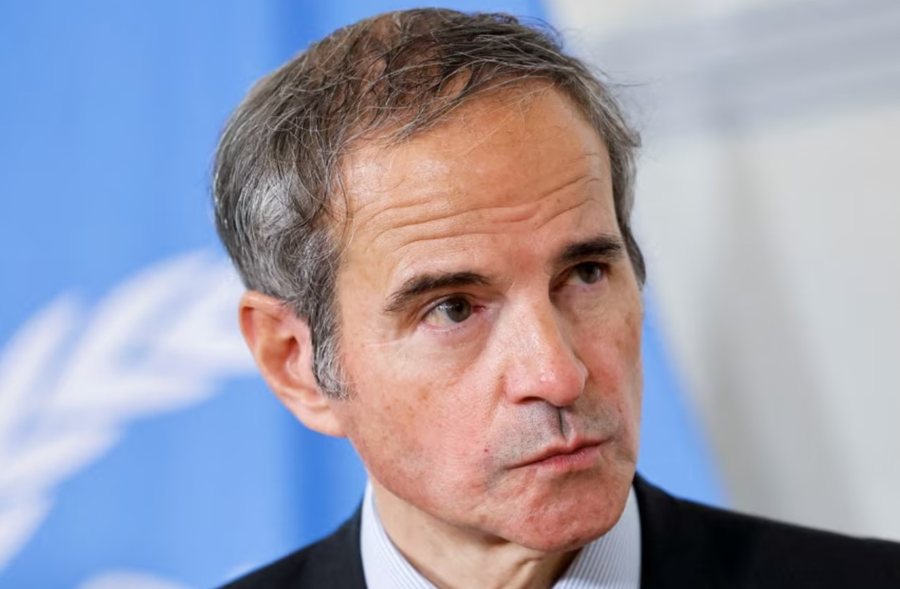
The head of the International Atomic Energy Agency (IAEA), Rafael Grossi, said on Friday that he was "encouraged" that Iran had agreed to accept a delegation of observers from the United Nations agency to visit the country "within weeks."
Grossi has said the technical team's visit could pave the way for UN inspectors to return to Iran, potentially this year.
"If we don't return soon, there will be serious problems, because this is Iran's international obligation," Grossi told reporters during a visit to Singapore.
"I'm encouraged by what I've heard from Tehran in terms of them wanting to re-engage with us," he said.
The date of the visit has not yet been confirmed, but Grossi has confirmed that it will happen "within weeks."
Iranian Deputy Foreign Minister Kazem Gharibabadi told the United Nations in New York the other day that a delegation from the International Atomic Energy Agency could visit Iran within two to three weeks.
The group will not have access to nuclear sites, Gharibabadi said, adding that the visit will focus on forging new ties with the agency.
This Iranian official made the statements on the eve of negotiations that will take place on Friday in Istanbul between Iran, France, Britain and Germany.
Western countries are threatening to sanction Iran if it does not return to the commitments made in the nuclear deal.
If European countries impose sanctions, "we will respond, we will react," Gharibabadi said.
Grossi has also said that there will be no nuclear inspectors on the team.
"We need to listen to Iran in terms of what they consider to be the precautions that need to be taken. Some countries have been destroyed. We need to analyze the situation and decide on the exact date of the inspection process."
An agency team left Iran in early July to return to the organization's headquarters in Vienna after Tehran suspended cooperation with them.
Iran has partly blamed the agency for attacks on its nuclear facilities in June.
Israel has said it launched the attacks to prevent Iran from developing a nuclear weapon, something Tehran has consistently denied.
The United States joined the attacks on June 22, targeting nuclear facilities in Fordow, Isfahan, and Natanz.
Iranian Foreign Minister Abbas Araghchi said this week that Tehran has no plans to abandon its nuclear program, including uranium enrichment, despite significant damage to its facilities. /REL (A2 Televizion)











